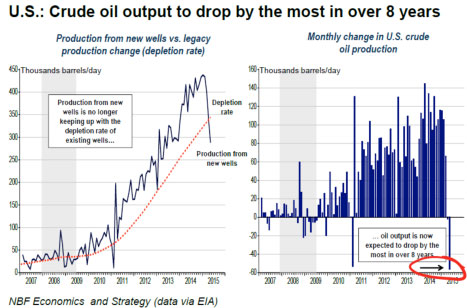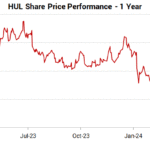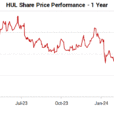
TM editors’ note: This article discusses a penny stock and/or microcap. Such stocks are easily manipulated; do your own careful due diligence.
With crisis comes opportunity, as the saying goes, and Angelos Damaskos, principal adviser of the Junior Oils Trust, has capitalized on the panicked selloff of junior oil and gas companies to build positions in four promising names in Western Canada. In this interview with The Energy Report, he explains why oil prices could reach $75 per barrel in the near future, and why companies making good money now will make much more on the upswing, with great benefits to shareholders. In addition, he highlights two Australian companies with highly prospective projects.

The Energy Report: The prices of West Texas Intermediate (WTI) and Brent have recently rebounded to about $60 per barrel ($60/bbl) and $65/bbl, respectively. Where do you see them going for the rest of the year?
Angelos Damaskos: The oil industry expects oil to recover to $75/bbl in the near term because this is the global marginal cost of production. The longer oil trades below that price level, we lose supply not only from the North American shale industry, but also from the longer-term producing projects: the Canadian tar sands and the Brazilian offshore basins.
The oil price has recovered by 20–25% from January’s lows but remains 50% lower than last year’s highs. As a result, there has been a dramatic drop in income and earnings, which has been met with big cutbacks in capital expenditure (capex) and development drilling. The length of time oil trades below $75/bbl is a clue to how strong the recovery might be once a supply-demand balance is again achieved.

TER: With regard to shale oil, some believe that the oil price collapse has broken that industry for the foreseeable future. Do you agree?
AD: I do not. Shale oil technology has advanced tremendously over the last few years, which is why production has advanced so rapidly. It is now far easier to map and understand the geotechnical characteristics of shale reserves. It’s purely a matter of spending the capex necessary to develop as many wells as possible to increase production. The minute oil prices recover to $70–75/bbl, or perhaps a little higher, shale drilling will recommence almost immediately.
TER: Some blame the oil price collapse on lack of demand. How much do we know about oil consumption?
AD: It’s not clear what caused the collapse. We believe it might have been a demand shock resulting from a slowdown of the Chinese economy or in some of the emerging markets. This, combined with a rapid growth in production, particularly from North America, might have tipped the balance to oversupply and sparked the initial price drop. Then the momentum traders and the hedge funds got involved and pushed prices down to the $40–45/bbl we saw in January.
The International Energy Agency (IEA) and other reputable bodies indicate that oil demand remains steady and might have actually grown in 2014. The IEA projects slight growth in 2015. If we accept that global economic growth has stabilized, demand for oil should remain fairly firm and might actually be further stimulated by today’s lower prices.
TER: In contrast to the price of oil, there has been no rebound in the price of natural gas. Why not?
AD: We have been fairly bearish on U.S. natural gas for some time given the oversupply from shale projects. Gas production growth has exceeded 30% over the past five years. Until the very large liquefied natural gas (LNG) export facilities planned in Western Canada come onstream, low prices will likely prevail.
European gas prices trade much closer to the equivalent per-crude-barrel price because European uses of natural gas have evolved over a much longer period of time and do not suffer from infrastructure constraints, legislative tariffs or bans on trade flows.
TER: Elite opinion in Western Canada is strongly against new pipelines and energy export facilities. Is it possible these facilities could be prevented for political reasons?
AD: We believe that economics will prevail eventually, and persuade the people and their legislatures to permit the infrastructure necessary to Western Canada’s energy resources. Keep in mind that large-scale natural gas production is a relatively recent development in British Columbia (B.C.), so it will take some time for the population to resolve the political issues engendered by this development.
TER: How bad do you expect the Q1/15 earnings reports from the majors will be?
AD: The latest reports across the board for major producers have reflected the sharp drop in oil prices. In a few cases, short-term hedging may have provided some insulation, but the reality of the scale of lost income is likely to be shown in the Q2/15 reports.
TER: Will this lead to an increase in M&As?
AD: The proposed takeover of BG Group Plc (BRGYY:OTCQX; BG:LSE) by Royal Dutch Shell Plc (RDS-A:NYSE; RDS-B:NYSE) illustrates the opportunity available to cash-rich companies. Shell, like other supermajor, integrated companies, has been suffering from declining reserve life and insufficient production replacement for years. Its 2014 reserves replacement ratio was 49%, of which only 17% came from exploration. Meanwhile, its 2014 reserves life index declined to 11 years from 12.3 years in 2013.















